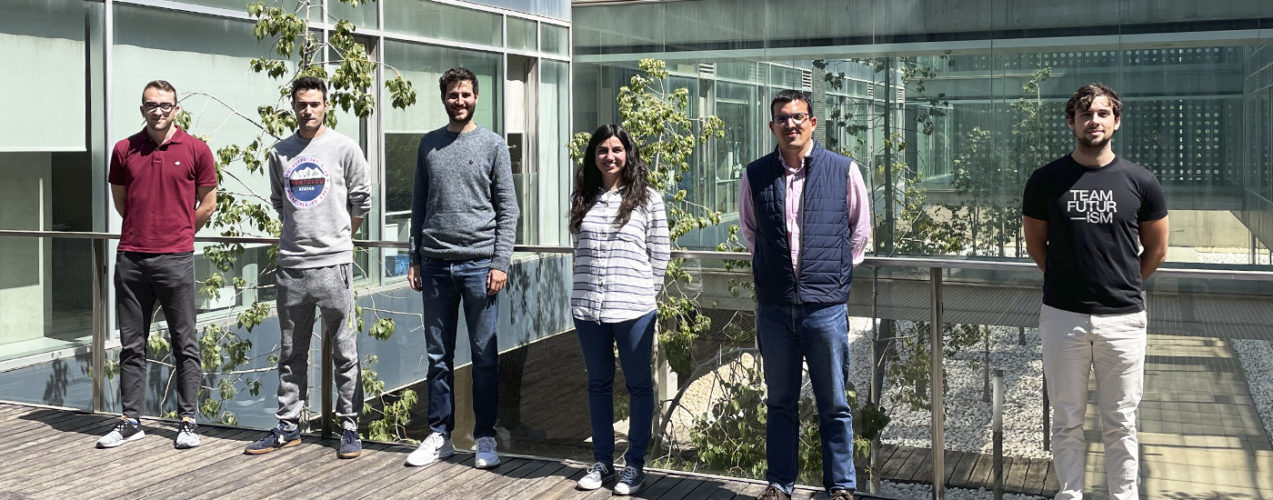
“INGENIOUS IoT will allow for the connection of sensors, cameras, robots, freight containers, trucks, ships, machinery… and all the devices will be able to interact with each other. The project lays the foundations for the connected ports of the future,”according to its coordinator, David Gómez, an expert in 5G.
The researcher points out that 5G for the Internet of Things makes it possible not only to transmit at very high data rates, but also to transmit with very low latency or response time, and massive transmissions to sensors; and Artificial Intelligence and Blockchain allow huge amounts of data to be exploited to optimize logistics processes and improve their traceability.
THE PORT OF VALENCIA, THE MAIN TEST SCENARIO
The main project scenario is the Port of Valencia, where different pilot tests will be carried out. The Valenciaport Foundation and Cosco Shipping Lines (Spain) are also participating in the project, and the Spanish consortium Telefónica, Nokia, Asti Mobile Robotics, Neurodigital and Fivecomm round out the project.
“The IoT developed at INGENIOUS will facilitate the work of port operators, who will be able to control the transport of containers inside the terminals using robots connected with 5G technology and an immersive solution combining virtual reality and augmented reality with the sense of touch,” explains José Luis Cárcel, specialist in Digital Transformation at Valenciaport Foundation.
Another challenge that arises is the continuous monitoring of the transport conditions of the cargo along their route, from their origin to their destination, using neuromorphic sensors as well as satellite location devices.
“In this use case, we will carry out a multimodal freight transport test that includes a sea route between the Port of Valencia and the port of Piraeus, in Greece. During the entire journey, we will obtain different data about the state of the container, such as geolocation, temperature, humidity, etc. practically in real time. Furthermore, a series of alarms will be determined that will warn us of possible accidents or unwanted events in the container such as knocks or unforeseen doors opening,” explains Pedro Perez, BPS and Quality Assistant at Cosco Shipping Lines Spain.
The project will also apply Artificial Intelligence techniques to predict both the arrival and departure of cargo ships, as well as to monitor and optimize the entry and circulation of trucks through port facilities. In the same way, INGENIOUS IoT will explore the interoperability between different Blockchain solutions in order to improve the traceability of cargo and the different events carried out in different logistics-port processes.
“In the future the containers will be equipped with sensors, as well as the means of transport and, applying Artificial Intelligence techniques, we will be able to process all the information in real time and this way optimize the laytime period of ships and trucks in ports, reducing the cargo loading and unloading times as much as possible,” explains Joan Meseguer, specialist in Digital Transformation at Fundación Valenciaport.
The project, in which a total of 21 partners participate, has a budget of 8 million euros, funded by the Horizon2020 program of the European Union. It launched last October and will conclude in mid-2023.
Source: Luis Zurano Conches
Scientific Culture and Innovation Unit (UCC+i) Office of Communications
